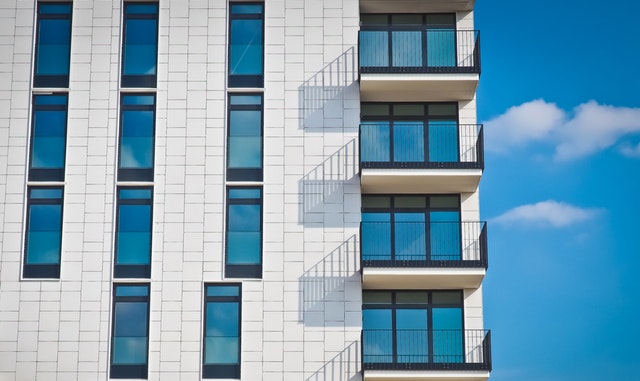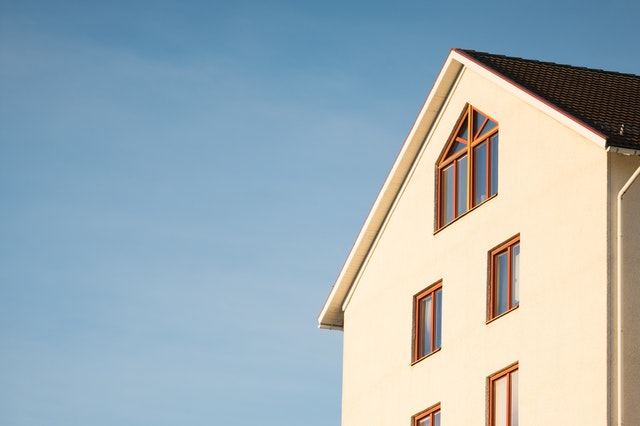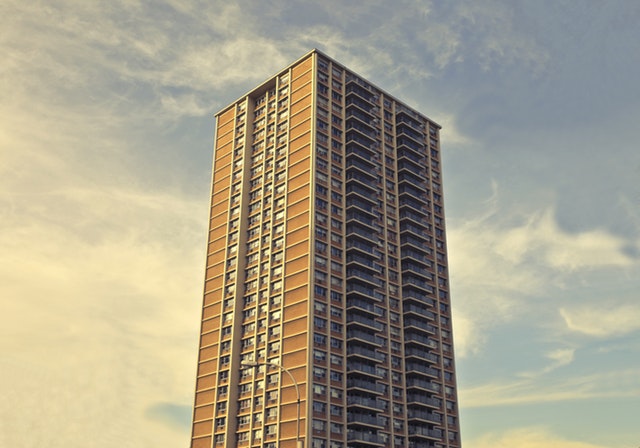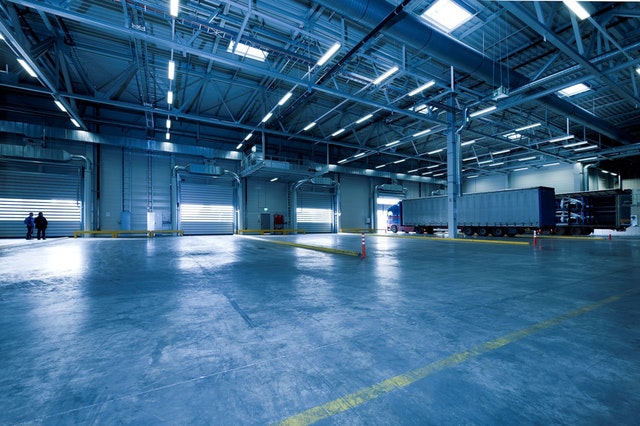Housing lending activity has been relatively stable in recent years
Housing lending activity has generally been relatively stable against the events that have significantly affected the housing market in recent years, writes Bank of Latvia economists Andrejs Semjonovs, Jānis Strazdiņš and Nadežda Siņenko on the “Makrokenomika.lv” website.
The activity of buying apartments and houses with credit financing decreased sharply in the second quarter of 2020 due to the first wave of the Covid-19 pandemic, but recovered very well in the second half of 2020. In addition, despite the “cost and pandemic shock” following the “pandemic shock”, activity in general remained persistently high in 2021 and the beginning of 2022. Economists believe that the recovery of activity could have been facilitated by the growing savings of households during the pandemic, which was also facilitated by state support measures to overcome the pandemic and to compensate for the increase in the price of energy resources, as well as the reduction of the land registry fee. On the other hand, at the end of 2022, as the increase in construction costs has already significantly increased the prices of new housing and interest rates have further worsened the creditworthiness of borrowers, the overall activity has started to decrease. During the “rate shock” period, the number of apartment and house purchases decreased by 22% compared to the number of purchases made during the “cost and pandemic shock”, but the number of house purchases was still higher than in the base period. The rise in the popularity of remote work promoted by the pandemic contributed to the growth of housing lending activity in Pieriga, but due to the increase in housing loan rates, the activity is decreasing again, according to economists. After the first wave of the pandemic, housing lending activity in both the apartments and residential houses segment recovered the fastest (increasing by 41% and 45% respectively compared to the base period in each of the segments) in Pierīga, because, similar to elsewhere in Europe, due to the possibility of remote work, part of the population chose to buy a home in a quieter place or closer to nature. However, during the period of “rate shock” from the third quarter of 2022 to the first quarter of 2023, the creditworthiness of borrowers has significantly deteriorated, thus the activity of purchasing apartments and residential houses with housing loan financing has started to decline – especially in Pieriga and Riga. The rise in popularity of remote work promoted by the pandemic has also contributed to the purchase of apartments with a larger number of rooms, using housing loan financing, economists write.
During the “pandemic shock”, the share of three-room apartments and more in the total number of apartment purchases increased, while the share of two-room apartment purchases decreased. The average area of sold apartments also increased slightly, but the increase was not economically significant and was also due to greater dispersion in the purchase of larger apartments.
Read the full article here










